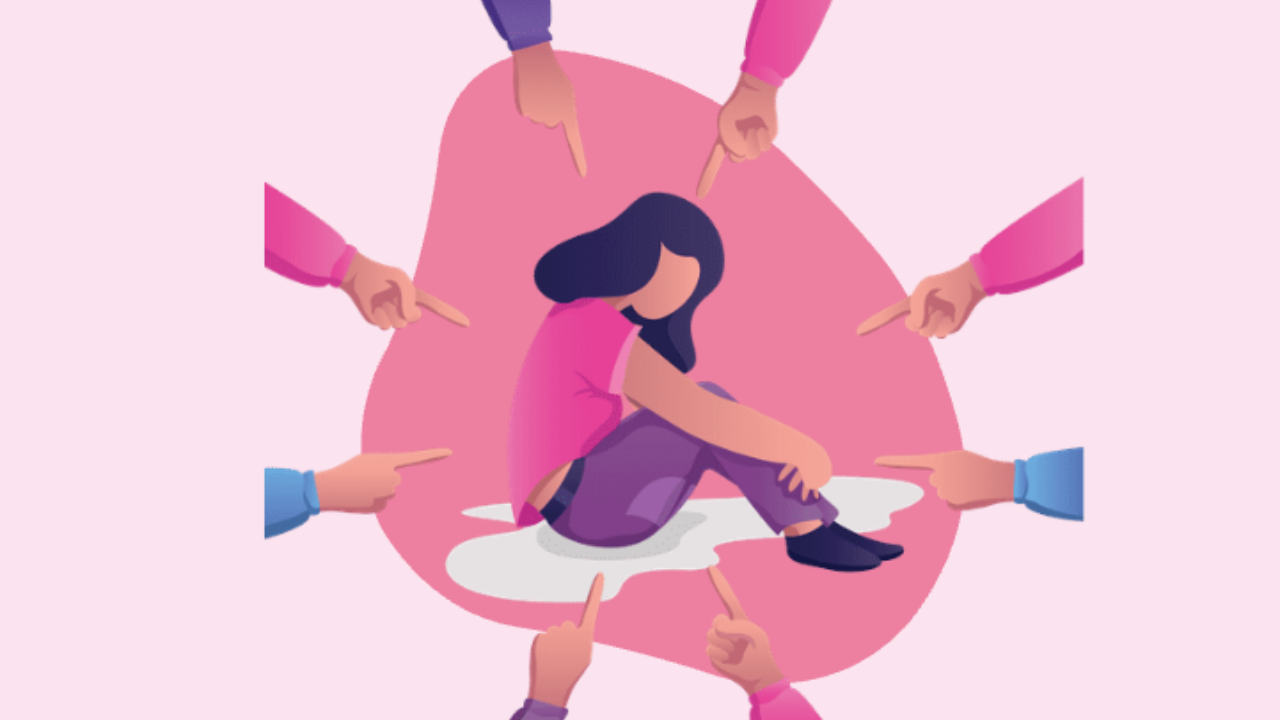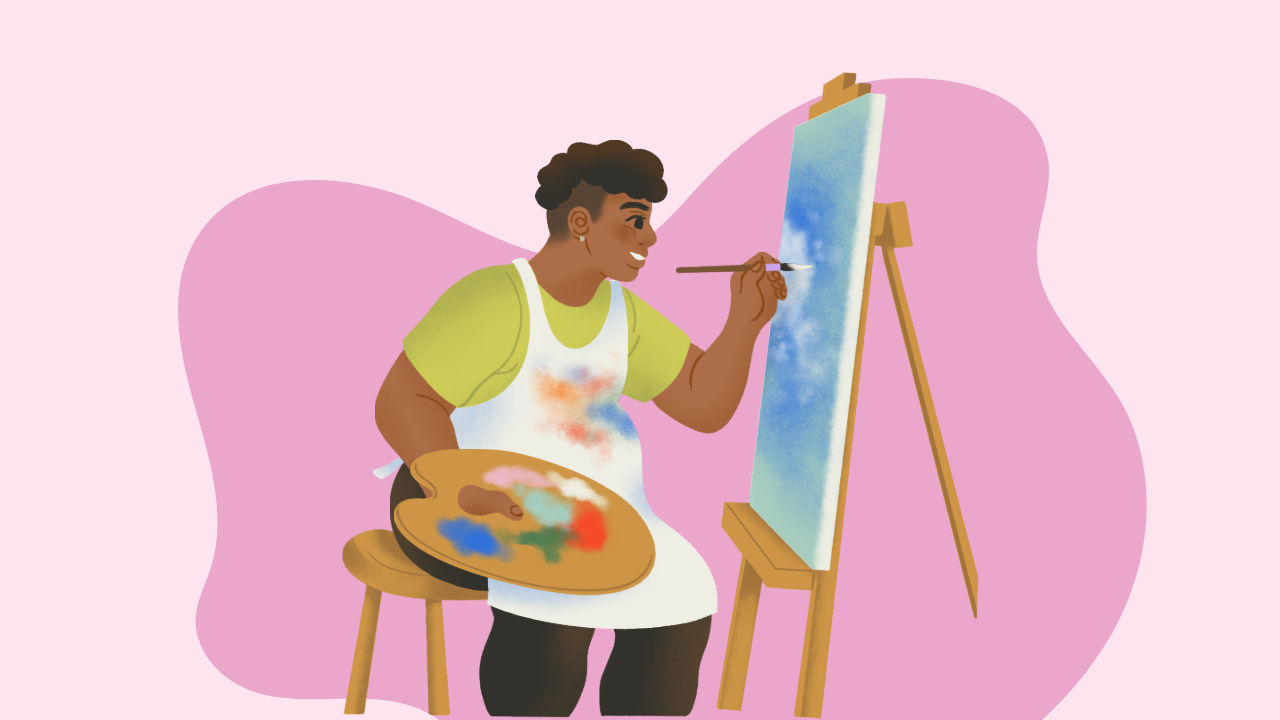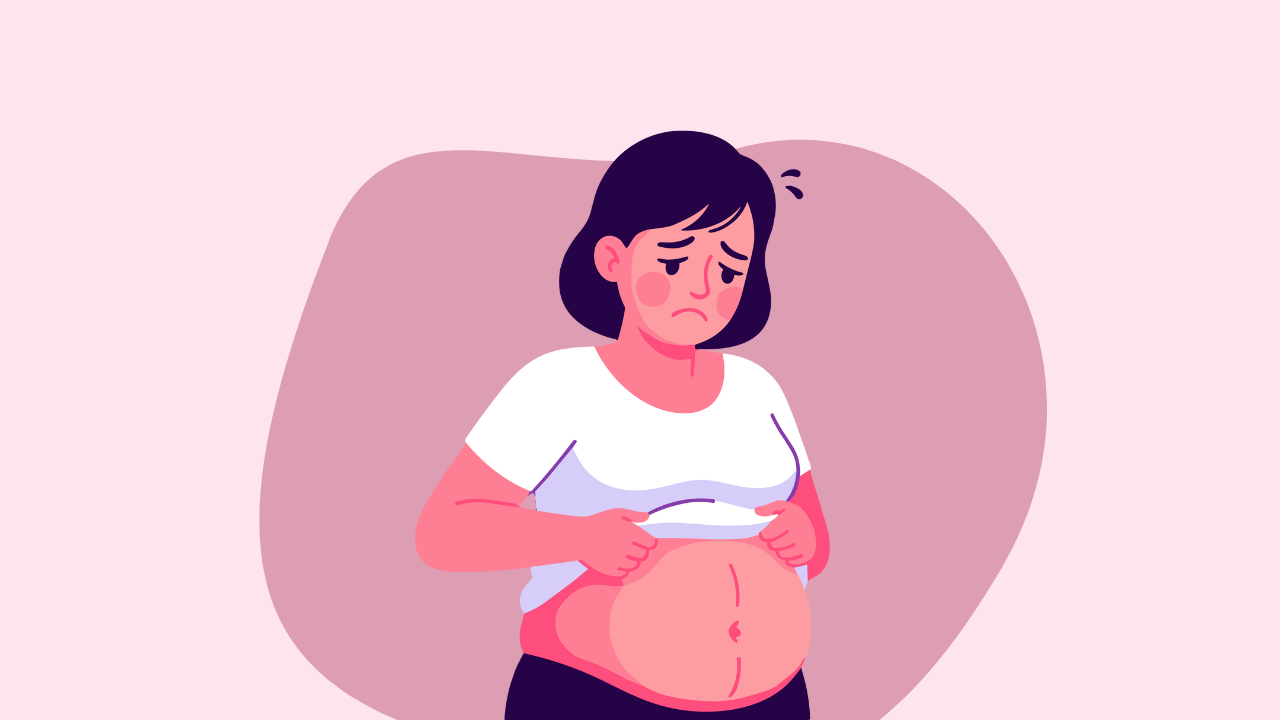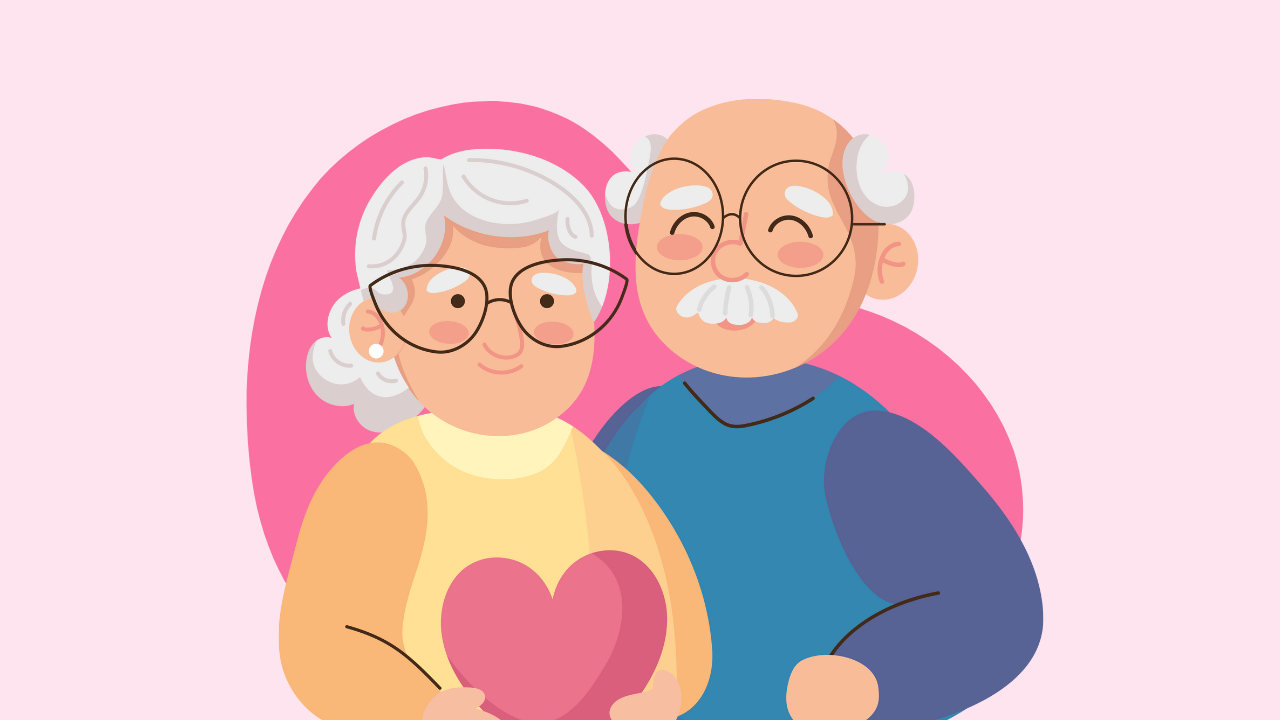Why Women Are Ashamed of Their Breasts

From the time we are young, we are taught to cover up. We are handed rules about what’s appropriate and what’s not, and somewhere along the way, our breasts stop belonging to us. They become something to hide, something to regulate, something that exists for everyone else’s comfort but our own.
For many women, this shapes how we see our bodies for the rest of our lives. Breasts are tied to identity, sexuality, motherhood, health, and societal expectations. Yet we are rarely given space to think about them without shame. The messages come early and often: wear looser tops, sit differently, make sure you are “appropriate.” At the same time, we’re bombarded with unrealistic images of what “ideal” breasts should look like, setting standards most bodies will never meet.
This conflict leaves many women disconnected from their own breast health. When we’re taught to avoid looking too closely or feeling too much, we also lose touch with recognizing what’s normal for us. That disconnection matters, especially when it comes to early detection. Being familiar with your own body shouldn’t be controversial, yet for many, it carries a weight of discomfort.
Breasts are not inherently sexual. They are a part of your body, no different from your hands or your heart, yet society places them under constant scrutiny. That scrutiny makes it harder to talk openly about changes, risks, and health decisions. It keeps women silent when they notice something different and unsure of when to seek help.
Changing the conversation starts with ownership. Your breasts are yours — not society’s, not medicine’s, not anyone else’s to define. Touching them, understanding them, and advocating for them isn’t inappropriate. It’s necessary.
At Feel For Your Life, we want to create a world where women can reconnect with their bodies without shame. By normalizing breast health conversations and giving women the tools to understand their own risks, we are working toward a future where empowerment comes from awareness, not avoidance.
Because feeling ashamed of your body was never meant to protect you. Knowing it was.







